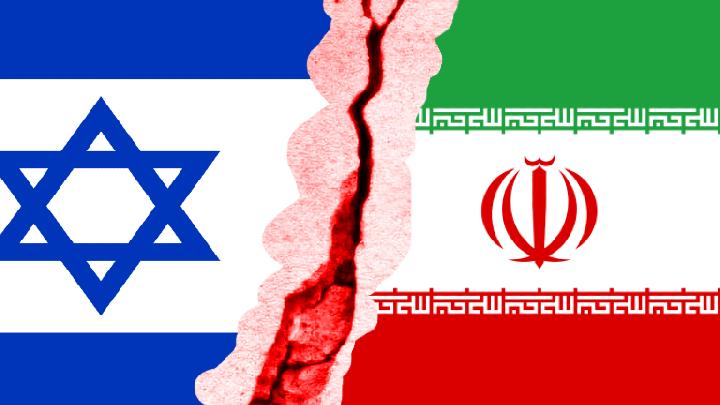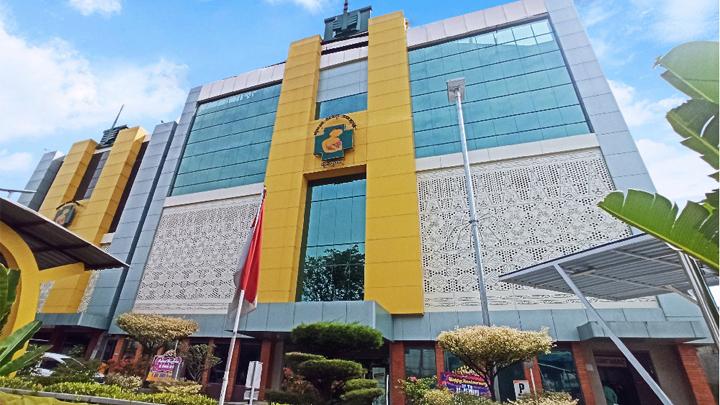TEMPO.CO, Jakarta - Consolidation by Prabowo after a year in office. Politics and the economy are increasingly being guided.
WITH all the controversies, Prabowo Subianto has been fairly successful in consolidating his power through populism in his first year in office. Since officially becoming president on October 20, 2024, the General Chair of the Gerindra Party has produced many solutions that he believes can solve Indonesia's fundamental problems, as detailed in his book Paradoks Indonesia dan Solusinya (Indonesia’s Paradox and Its Solutions).
According to Prabowo, Indonesia’s biggest problem is the draining away of state assets due to the economic system and corruption. In his book, published in 2022, he estimated losses through exports at Rp2,300 trillion between 2004 and 2013, and claims that 80 percent of domestic assets have disappeared as a result of corruption.
This is the Indonesian paradox seen by Prabowo: a republic that is rich in natural resources, yet the state is poor, and its people ignorant and backward. Prabowo was shocked when he learned that two out of three children in East Nusa Tenggara fail to grow properly. Furthermore, in Jakarta, one out of three children suffers from malnutrition. According to Prabowo, malnutrition is just a euphemism for hunger.
He proposes two solutions to prevent these problems: guided economics and politics. His model is China under the leadership of Deng Xiaoping (1978-1989). According to Prabowo, Chinese-style state capitalism is in line with Article 33 of the 1945 Constitution, which states, “Land, water and natural resources within them shall be controlled by the state and utilized for the optimal prosperity of the people.”
For Prabowo, aside from giving rise to oligarchy, the market economy is the source of the draining away of state assets. Therefore, he created Danantara, a holding company for state-owned enterprises, in the same way Deng managed China’s natural resources through state-owned enterprises. And Prabowo established 80,000 red-and-white cooperatives, as China has made cooperatives the backbone of the economy since 1950. According to Prabowo, cooperatives can be a means to bring about equality.
This state capitalism needs to be supported by a political system that is also controlled. For Prabowo, quoting Bung Hatta, liberal democracy is incompatible with the ideals behind the founding of Indonesia. Expensive direct elections lead to corruption and democracy being controlled by economic oligarchs. The solution, according to Prabowo, is democracy in line with the 1945 Constitution.
In order to achieve this, Prabowo has constructed a grand coalition. His political consolidation is on a wider scale than that of his mentor and predecessor, Joko Widodo. Jokowi sidelined the Justice and Prosperity Party (PKS) and the Democrat Party, which he did not include in his administration. Meanwhile, Prabowo, although not officially including the Indonesian Democratic Party of Struggle (PDI-P), has been able to bring the party under his control.
Puan Maharani from the PDI-P is only a figurehead Speaker of the House of Representatives (DPR). The real power in the DPR is in the hands of Sufmi Dasco Ahmad, the Gerindra Party Executive Chair, who is the DPR Deputy Speaker. Politicians have dubbed him the ‘DPR General Chair’ because he manages and controls support from the legislative for Prabowo’s policies.
Without any meaningful obstacles, Prabowo is free to go ahead with all his ‘solutions.’ The free nutritious meals and red-and-white cooperatives have received substantial funding despite unclear aims and achievements, apart from sharing out state funds for colleagues and associates of those in power. The budget cuts claimed to be for efficiency have met no opposition because the DPR has been spoiled with various perks and increases in allowances.
In support of this guided economics and politics, Prabowo has allowed the Corruption Eradication Commission to remain non-independent. Although the solutions he offers can only succeed if there is eradication of corruption and enforcement of the law, Prabowo is not prioritizing checks and balances because of his conviction of the effectiveness of centralized power.
This is why he has not repealed Jokowi’s policy ending the independence of Bank Indonesia in monetary policy. The central bank has been tasked with promoting economic growth through low interest rates while keeping inflation under control. State banks have been encouraged to support the government priority programs despite their not being profitable and rife with conflicts of interest.
Prabowo has also appointed people who share his opinions as advisors. He asked Ray Dalio, founder of the Bridgewater investment institution, to become an advisor to Danantara and to provide training at the cabinet retreat. Last June, the American businessperson published a book entitled How Countries Go Broke, a guide to preventing nations from going bankrupt as a result of debt.
It appears that Prabowo is going along with the suggestions in this book. He has shown no reluctance to take on new debt to fund priority programs, even though annual debt repayments are now equivalent to tax revenues. According to Dalio, the size of the debt ratio to the gross domestic product is not important as long as the loans are used productively, for example for investing in education, health, or infrastructure.
At present, Indonesia’s debt stands at 40 percent of GDP, a twofold increase in the last 10 years. Many countries have debt-to-GDP ratios far above 100 percent, such as Japan, which exceeds 250 percent, but they remain advanced because they are able to manage it to support growth in addition to utilizing domestic debt. Prabowo is also not worried about continuing to add debt to finance the free nutritious meal program, people’s schools, and the red-and-white cooperatives.
Given this conviction, Prabowo ignored the huge protests at the end of August 2025. Instead of apologizing for the fatalities and the policies that caused the economic slowdown, Prabowo urged the public to trust his methods of managing Indonesia. He assured them that he was preparing the strength to lead the country further forward.
Prabowo is unreachable by experts who have the capacity to provide advice on preventing and fixing damaging policies because he is protected by his confidants. Under the pretext of medical or psychological reasons, his close aides filter information, meaning that Prabowo is protected from reality. He only receives information that legitimizes what he is convinced is true.
As a leader, this is more serious than the old saying about a dog barking as the caravan passes. In this analogy, the people in the caravan still hear other voices even though they are unwilling to recognize the truth. But Prabowo is shielded from important information. Therefore, he thinks that the free nutritious meal program is successfully dealing with stunting, that the budget cuts are improving the economy, that the food self-sufficiency program is succeeding, and that the economy under Danantara is going from strength to strength.
After distancing himself from reality, the final way for leaders to sustain power is to create both an enforcement mechanism and a personal protective shield. Prabowo has deployed the military across all sectors to carry out his programs. He is also vigorously purchasing weapons and defense equipment, convinced that the world will be ravaged by a major war.
So Prabowo’s consolidation in the first year of his administration is complete, and he has paved the way for Indonesia to become a ‘junta’ and authoritarian state. The stages of his consolidation resemble those in The Dictator’s Handbook (2011), written by New York University political professors, Bruce Bueno de Mesquita and Alastair Smith.


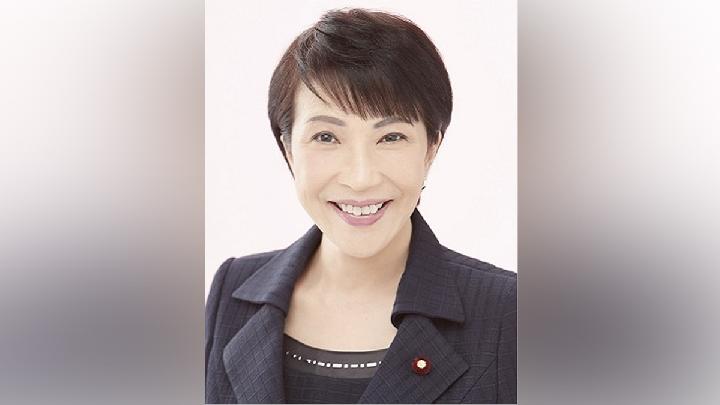

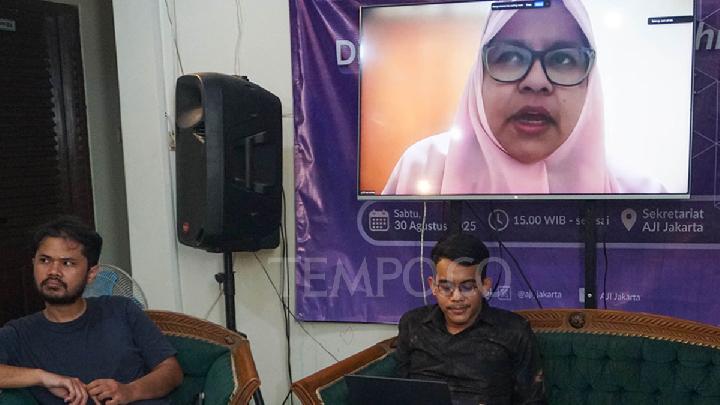
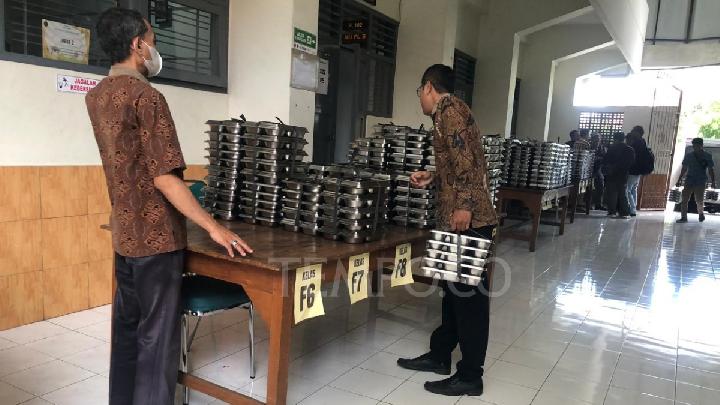


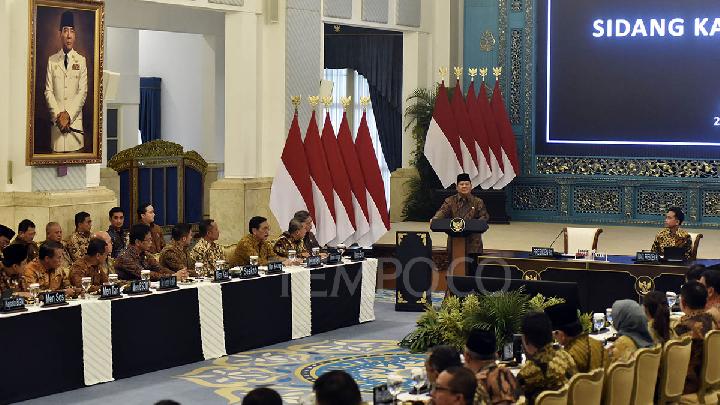


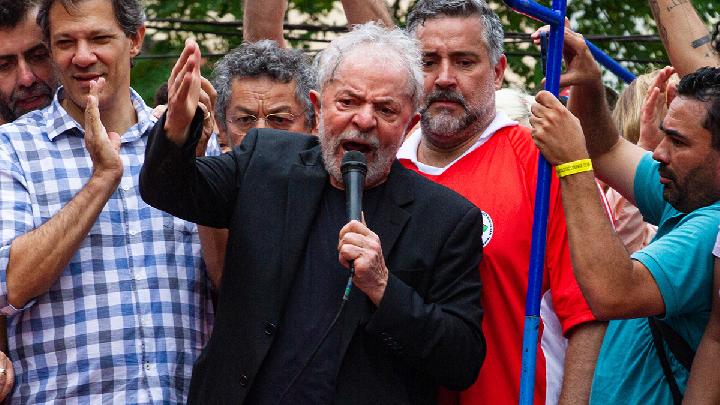
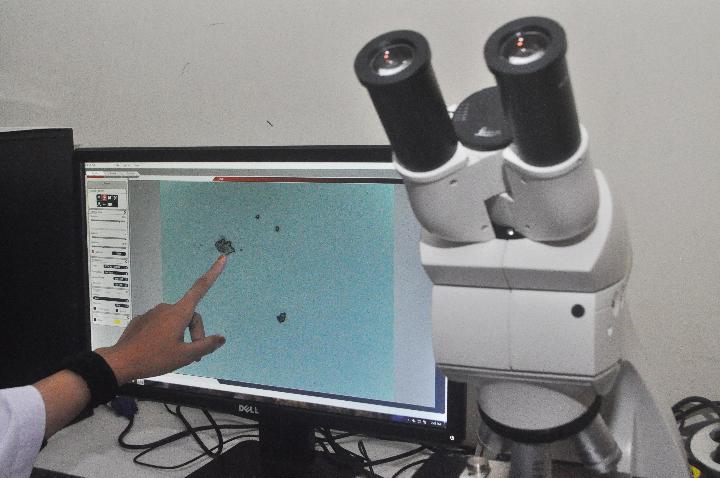




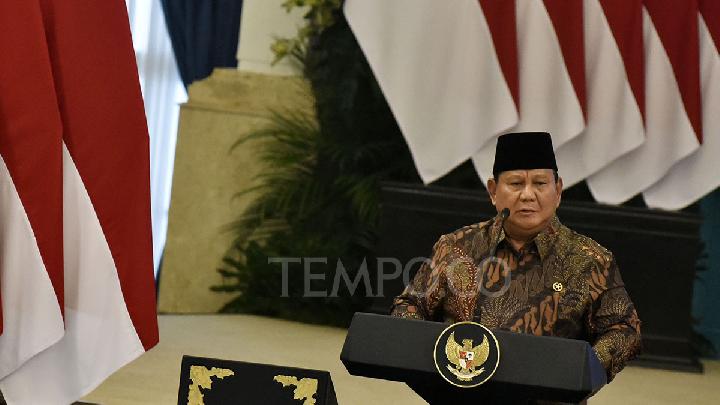













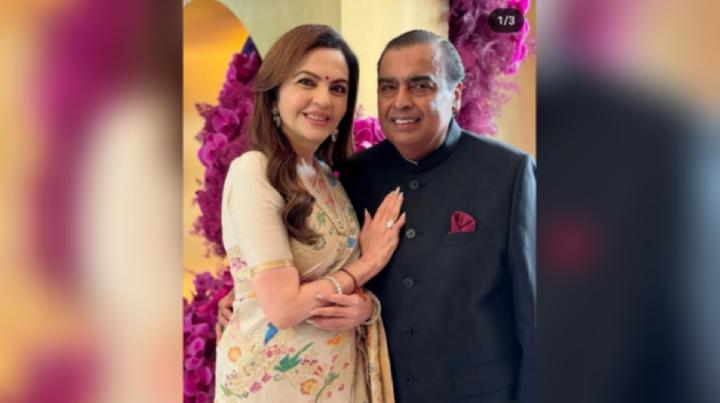
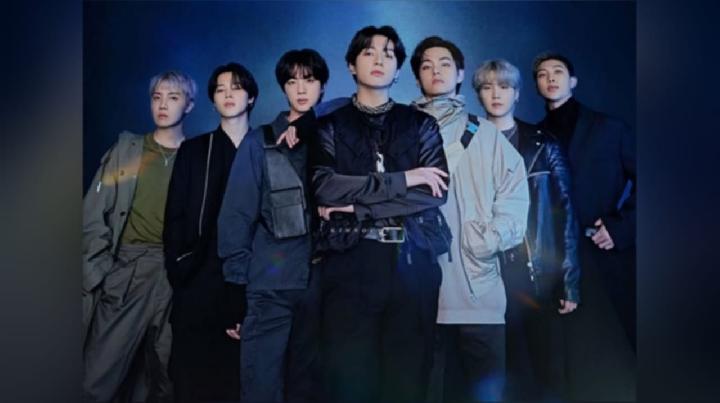

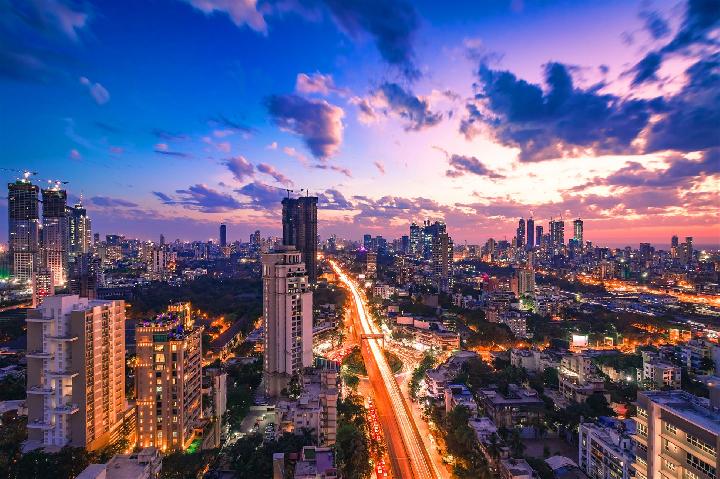

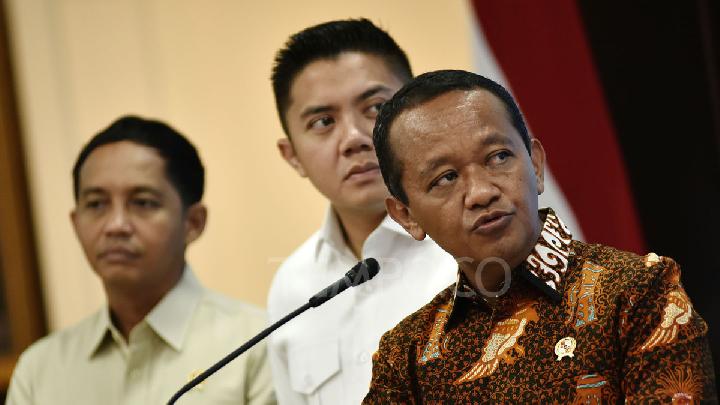
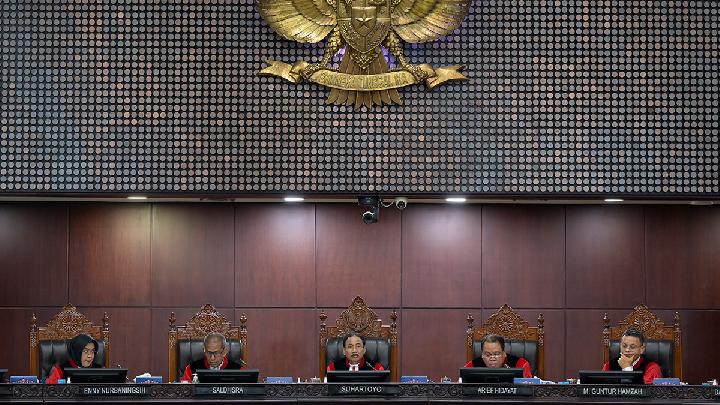

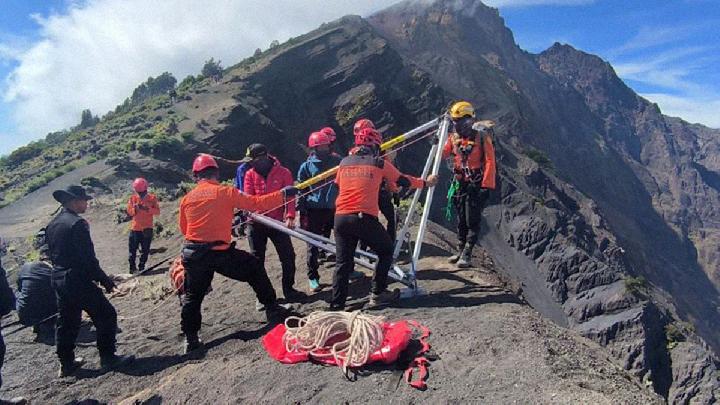
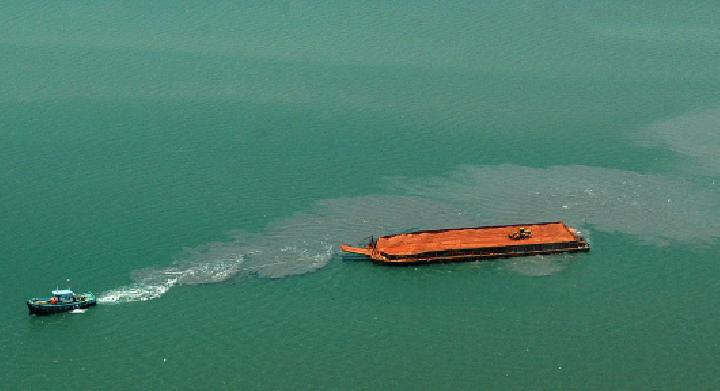
:strip_icc():format(jpeg)/kly-media-production/medias/3110450/original/059507500_1587634731-Praying_Hands_With_Faith_In_Religion_And_Belief_In_God__Power_Of_Hope_And_Devotion___1_.jpg)
:strip_icc():format(jpeg)/kly-media-production/medias/5264803/original/026336600_1750904581-Cek_Fakta_Tidak_Benar_Ini_Link_Pendaftaran__11_.jpg)

:strip_icc():format(jpeg)/kly-media-production/medias/5255933/original/074636900_1750220645-Desain_tanpa_judul__6_.jpg)
:strip_icc():format(jpeg)/kly-media-production/medias/904568/original/070887100_1434622909-imagepemimpinresized.jpg)



